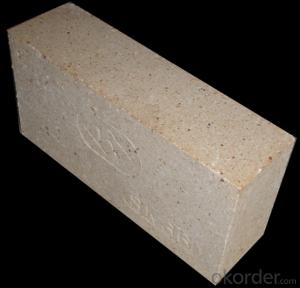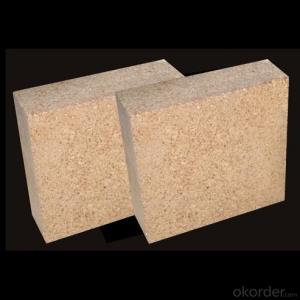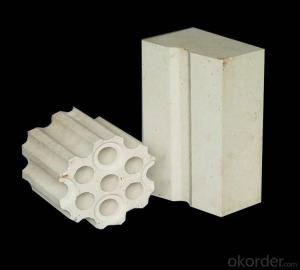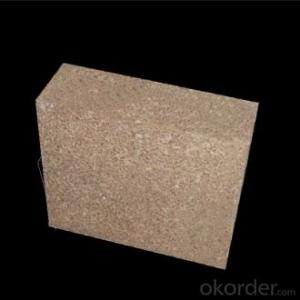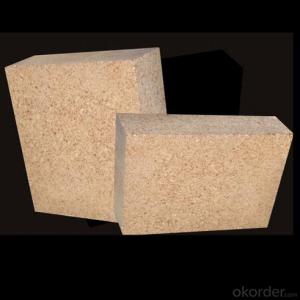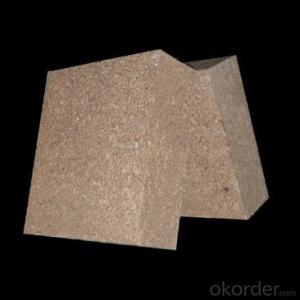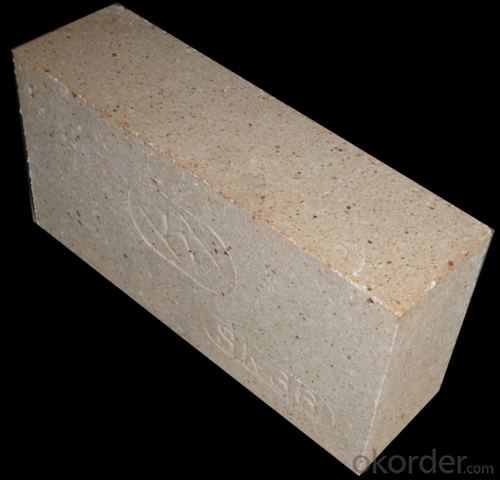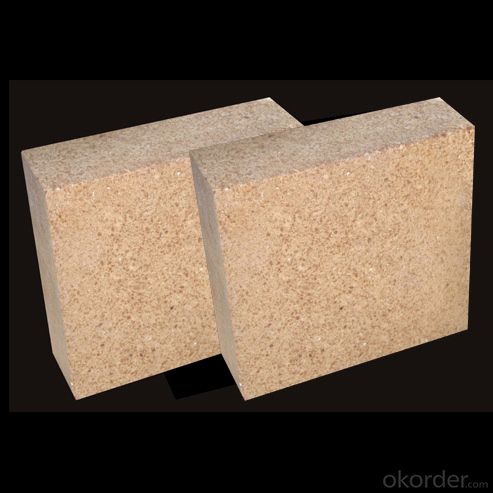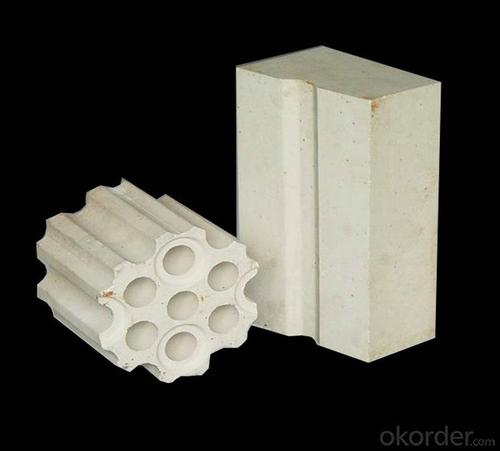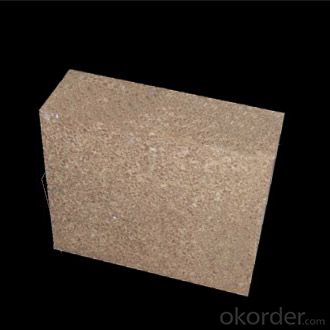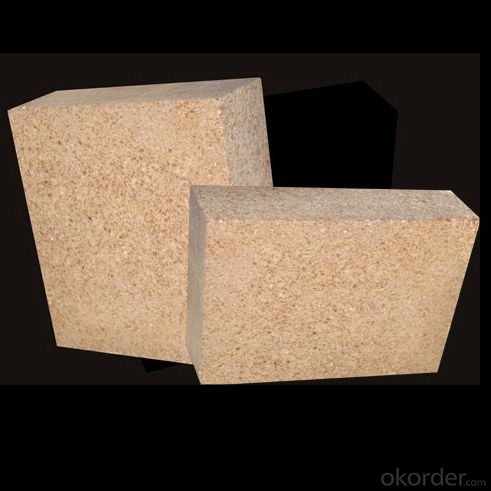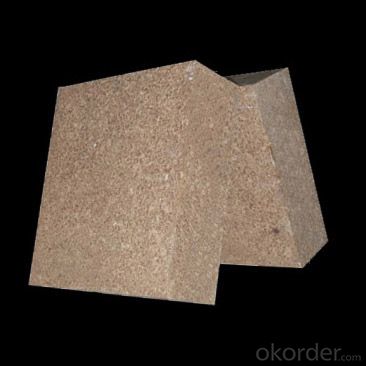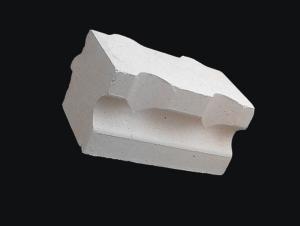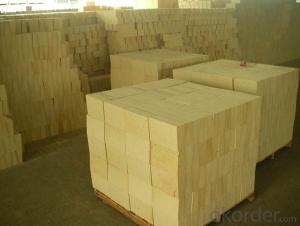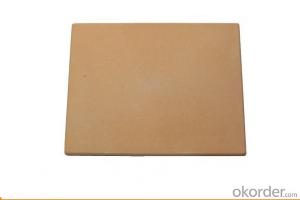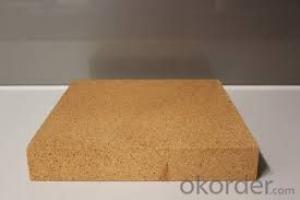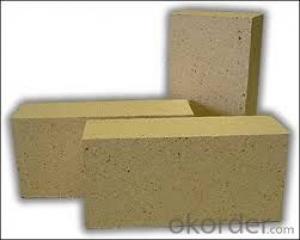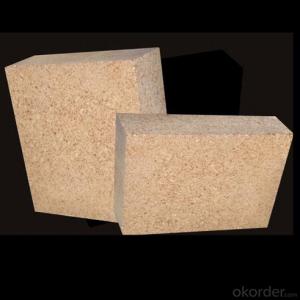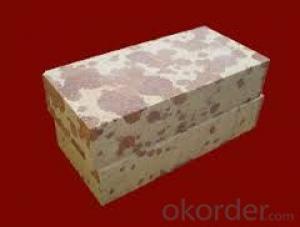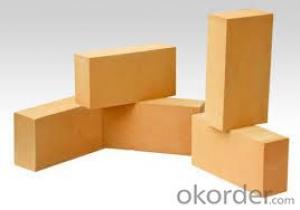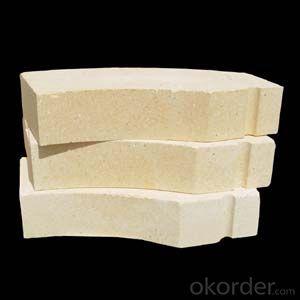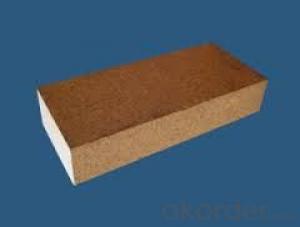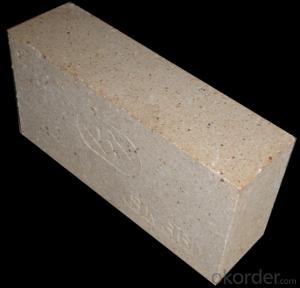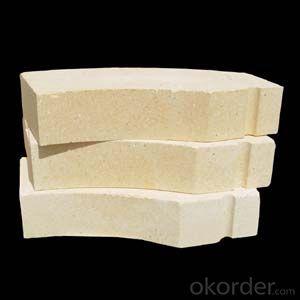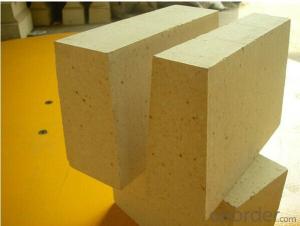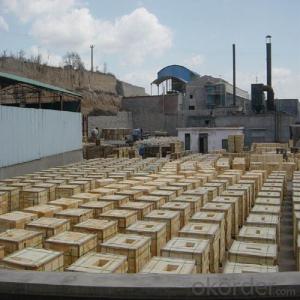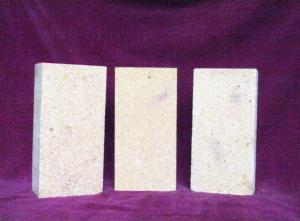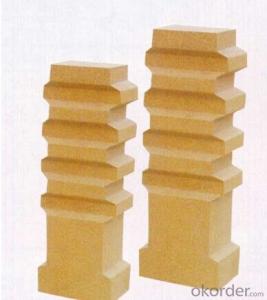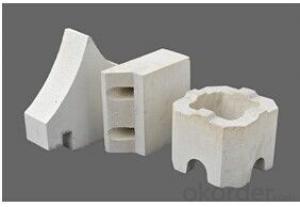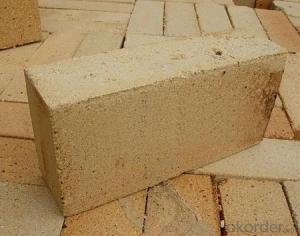High Alumina Bricks for Industrial Stoves - High Alumina Brick
- Loading Port:
- Qingdao
- Payment Terms:
- TT OR LC
- Min Order Qty:
- 3 m.t.
- Supply Capability:
- 10000 m.t./month
OKorder Service Pledge
OKorder Financial Service
You Might Also Like
High Alumina Bricks for industrial Stoves
Composite of High Alumina Bricks for industrial Stoves
High Alumina Bricks are classified according to alumina content ranging from 48% to 90%.
Main Features of High Alumina Bricks for industrial Stoves
Low thermal conductivity
Excellent acid and base slagging resistance
High refractoriness
Excellent thermal shock resistance
Excellent mechanical strength
Acid and alkali resistant
High tensile strength
Resilient to thermal shock
Corrosion resistance
Moisture-proof
Asbestos-free
Wear and erosion resistant
Application of High Alumina Bricks for industrial Stoves
commonly used in blast furnace, hot blast furnace, the roof of electric furnace, teeming ladle, rotary kiln, regenerator, etc
High Alumina Bricks for industrial Stoves Images
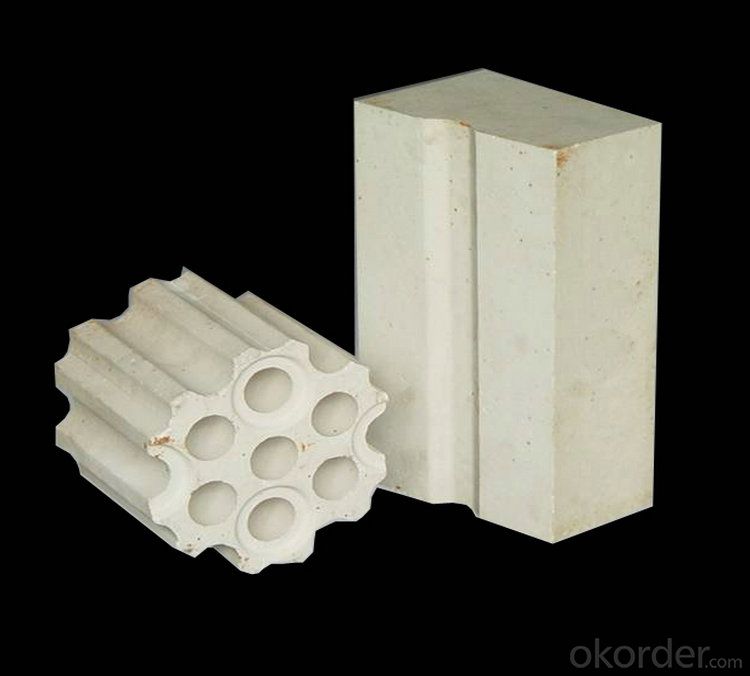
Specification of High Alumina Bricks for industrial Stoves
HIGH ALUMINA BRICK---ALP85 | |
Apparent Porosity (%) | ≤18 |
Bulk Density (g/cm3) | ≥2.85 |
Cold Crushing Strength (Mpa) | ≥80 |
Modulus Of Rupture (Mpa) | ≥20 |
Refractoriness Under Load (0.2 Mpa)(℃) | 1450 |
Permanent Linear Change (%) | 1500℃×3h -0.5 ~+0.5 |
Chemical Composition (%) |
|
Al2O3 | ≥82 |
Fe2O3 | ≤1.5 |
P2O5 | ≤3 |
FAQ of High Alumina Bricks for industrial Stoves
Q1:Are you a manufacture or trader?
A:Factory+trade(mainly factories, at the same time, we operates other related products).
Q2:Can we visit your factory?
A:Sure,welcome at any time, seeing is believing.
Q3:What's the MOQ of trial order?
A:No limit, We can offer the best suggestions and solutions according to your condition.
Q4:Which payment terms can you accept?
A:T/T,L/C are available for us.
Q5:After an order is confirmed, when to deliver?
A:15-25days after deposit.
Q6:Is your company accept customization?
A:We have own factory and excellent technical team, and we accept OEM service.
Q7:How about your company's certification?
A:ISO9001 and Test Report, also we could apply other necessary certification.
Q8:How to solve the quality problems?
A:If the products are not confirmed to customer samples or have quality problems, our company will be responsible to make compensation for it.
Q9:Can you offers samples?
A:Of course, samples are free but freight paid by the buyers.
- Q: What are the high aluminum bricks made of?
- The amount of refractory mud accounts for about 6% of the brick weight
- Q: In 2016, a few of the traditional refractory materials will be able to survive
- In short, the overall market of refractory enterprises is in a turbulent adjustment process, but the volume is still in place. Elimination is inevitable, as to how many can be eliminated, dare not assert.
- Q: How are the high alumina bricks fired?
- According to the quality requirements of different grades of high alumina brick, choose different grades of bauxite raw materials, it is conducive to rational use, fine materials, fine distribution, as far as possible not to use mixed grade severe raw materials. The quality of the clinker depends on the calcination temperature, calcination temperature, sintering temperature should be generally reached or slightly higher than that of alumina clinker sintering, to ensure the full and possible high volume density, and the two secondary Mullitization and sintering shrinkage effect in calcination process. Lightweight high alumina brick, also known as high aluminum insulation brick (high-aluminium heat insulating brick). A lightweight refractory consisting of mullite and glass phases or corundum in excess of 48%. The volume density is 0.4 ~ 1.35g/cm3. The porosity is 66% ~ 73%, and the compressive strength is 1 ~ 8MPa. Better thermal shock resistance.
- Q: What is the density of a super high alumina brick and what is the price?
- Of course, the transaction price, please choose refractory brick manufacturer is better.
- Q: What materials are used for roof insulation?
- The other one is inorganic insulation materials, such as Portland, rare earth insulation, the thickness should be 5 cm or more, up to the high cost of auxiliary materials of construction, to reinforce, new inorganic insulation material, the material thickness, on the line of 2-3 cm, direct smear on the top of the house, without auxiliary material, than the price of wool, high aluminum silicate cotton.
- Q: Which is faster for heat transfer between corundum bricks and high alumina bricks?
- 75 high aluminum and 43 clay bricks, 75 single weight 4.5kg or more. 43 3.65kg or so, the use of temperature 75, high aluminum in about 1520, 43 of brick 1430 or so, the color of 75 pan white, 43 of the Loess color. In short, the difference is great.
- Q: Can high alumina brick resist carburizing?
- Louzhu can use heavy impervious material, it is neither high alumina brick nor mullite, this product can resist seepage and have good compressive strength
- Q: Is glass wool inorganic thermal insulation material?
- The use of glass wool, glass wool is usually used as raw materials of various types of insulation materials, such as glass wool board, glass wool, glass wool, glass wool pipe, can be used in the following areas:1) roof insulation, cold protection, sound-absorbing materials; 2) building exterior wall insulation and cold protection; 3) entertainment places, theaters, television stations, radio stations, laboratories, sound absorption treatment.
- Q: The difference between clay bricks and clay bricks
- According to the hole rate: solid brick (no hole or hole rate less than 25% bricks), porous brick (hole rate is equal to or greater than 25%), the size of the hole is small and the number of bricks, usually used in load-bearing parts, higher strength level. Hollow brick (hole rate equal to or greater than 40%, large pore size and small amount of brick, commonly used in non load parts, low strength grade).Solid bricks and porous bricks are mostly used for load-bearing structural walls. Hollow bricks are mostly used in non load bearing structures.
- Q: What should be used as binder for making high alumina bricks?
- Bond for making high alumina brick: soft clay has good plasticity, so the high alumina brick is usually made of soft clay as bond. However, the free Al2O3 free SiO2 and bauxite clinker clay in under 1200 degrees occurred two times of Mullization reaction, generate large volume expansion, silicon porosity, strength reduction. Therefore, the amount of clay powder in the ingredient should be no more than 5%.
Send your message to us
High Alumina Bricks for Industrial Stoves - High Alumina Brick
- Loading Port:
- Qingdao
- Payment Terms:
- TT OR LC
- Min Order Qty:
- 3 m.t.
- Supply Capability:
- 10000 m.t./month
OKorder Service Pledge
OKorder Financial Service
Similar products
Hot products
Hot Searches
Related keywords
